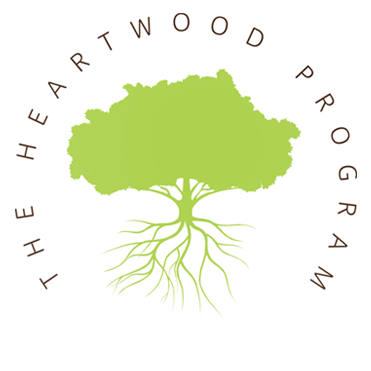
Dialectical Behavioral Therapy (DBT) for Adults and Adolescents is an evidence-based clinical program that targets high-risk, multi-problem adolescents. We specialize in identifying and treating depression and risky behavior in adults and adolescents, including self-injury, suicidal ideation and suicide attempts, substance use, binging and purging, risky sexual behavior, physical fighting, and other forms of risk-taking. Marsha Linehan’s initial conceptualization of DBT was developed for adults diagnosed with borderline personality disorder.
For our adult clients, we follow the model as developed by Marsha Linehan and tought at her training institute, Behavioral Tech.
For adolescent clients and their families, our adaptation follows the work of Alec Miller and Jill Rathus, who originally modified DBT for use with adolescents and young adults.
Some traits of borderline personality disorder that may be of concern include: an unstable sense of self, unstable interpersonal relationships, inappropriate or uncontrollable anger or other emotions, serious mood swings, recurrent self-harm or and/or suicide attempts, chronic feelings of emptiness, and impulsivity that puts the teen at risk. Clients referred to the DBT Program typically have many or all of the problems listed above, which can lead to difficulties fulfilling their obligations at work or in school, socially, and at home. This perpetuates their negative ideas about themselves.
Services
The DBT Program is a comprehensive outpatient service intended to reduce self-harming and other dangerous behavior. It consists of four components:
- Weekly individual therapy– Teens work with an individual therapist in conjunction with their participation in skills group. The purpose of weekly individual DBT therapy is to learn to generalize the skills teens are learning in the skills group and to gain greater insight into the cognitions and vulnerabilities which contribute to their problem behaviors.
- Emergency phone coaching – Teens in the DBT program are provided the opportunity for phone coaching. Teens are encouraged to contact their therapist for skills coaching before engaging in their target problem behavior. Parents will also learn many of the same skills their teen is learning, as well as other skills, to help improve family functioning in conjunction with the phone coaching
- Weekly skills group (2 hours per week, 26 weeks) Teens learn skills to help them cope with the five problem areas identified above, which aims to aid clients in decreasing their target behavior (e.g., cutting, purging, other self-destructive behaviors)
*This group is a multifamily group in the model for adolescents. - Family therapy (in the model for adolescents only)– Individual therapists may schedule collateral family sessions as needed. Parents and/or caretakers are asked to participate in the weekly skills group during the second hour of the group. *Day and time of the skills group will be provided prior to an intake screening appointment*
Intake Information
Our DBT Program is in-network with all Blue Cross Blue Shield products (i.e. Carefirst, FEP, Anthem, etc) and we have successfully negotiated single case agreements with most other major insurance carriers.
Have questions or to request an intake:please fill out our Service Requests Form Service Requests Form to schedule a time to speak.
Related links
- What is DBT?
- About Depression
- About Depressed Children and Teens
- About Self-Injury in Adolescents
- About Teen Suicide
- A Useful Interactive Tool for Understanding Emotions
- Borderline Personality Disorder Information and Support

